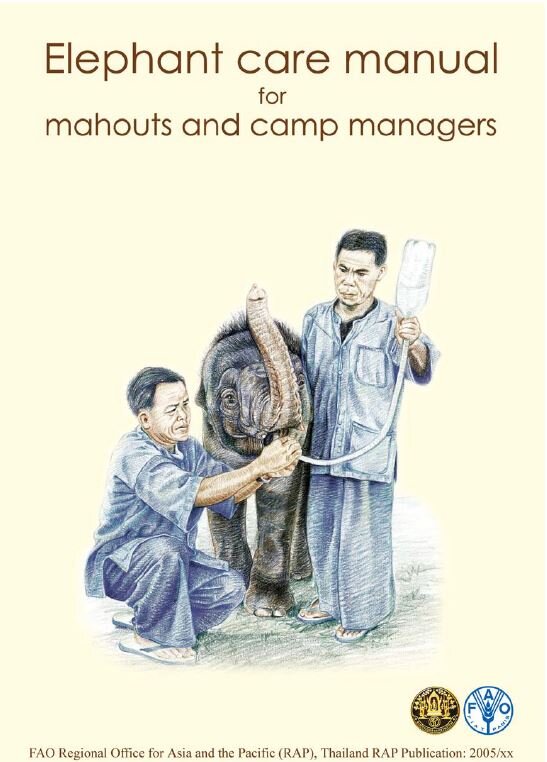COVID-19 has had far reaching impacts across the world, and Cambodia is no exception. Tourism has been halted for well over a year and as there is no end in sight, Cambodian elephants and their caretakers are feeling the effects. With only 70 captive and 400-600 wild elephants remaining in Cambodia, protecting what is left of the population is the mission of Elephant Livelihood Initiative and Environment Organization (ELIE) and the Elephant Valley Project (EVP), a sanctuary for retired elephants in the Mondulkiri Province. Program manager, Jemma Bullock, and the rest of ELIE and EVP, have been working with the local communities and governments for over 15 years to protect the remaining habitats for the wild elephants, and make sure the captive elephants remain safe and healthy.
ELIE and EVP have historically used ecotourism as a main source of funding for their conservation efforts, community projects (which includes creating jobs and supporting local schools), mobile vet team, and elephant rehabilitation at EVP.
Eco-Tourism funded ELIE & EVP programs prior to 2020.
Unfortunately, like many other camps and sanctuaries across Asia, ecotourism has been eliminated as a source of funding due to the pandemic. Jemma predicts the impact of the pandemic will have far reaching consequences for Cambodia’s elephants, like increased poaching, deforestation, and land sales, since funding for protection of these things will be slim.
Mobile Vet Team treating a community elephant with a leg injury.
Fortunately for the Cambodian elephants and the communities, ELIE and EVP have reached out to AES for much needed aid to continue their efforts with their mobile vet team. ELIE supports the care of 11 elephants currently in the EVP sanctuary, as well as the elephants and mahouts around the whole Mondulkiri Province. Their vet team also responds to wild elephant emergencies and injuries around the province. AES has proudly funded $3,500 to ELIE and EVP to provide the salary for the veterinarian and veterinary assistant for six months, and for six months of medical and emergency elephant supplies.
(L-R) The Mobile Vet Team's Vet Assistant Chan and Vet Heir with an injured community elephant and his owner.
We will continue to update you on the progress of the ELIE and EVP efforts for the Cambodian elephants, both captive and wild. If you would like to support their boots-on-the-ground mission, please donate today.





